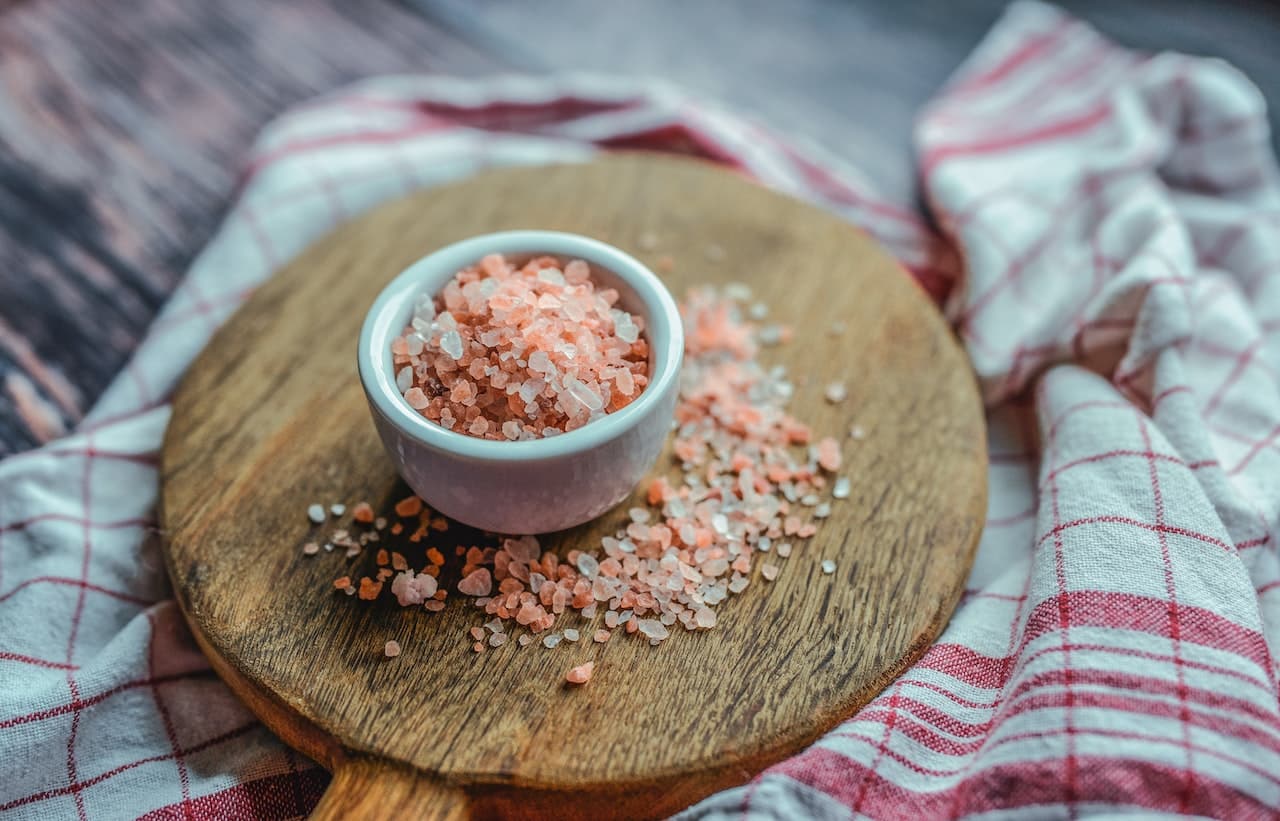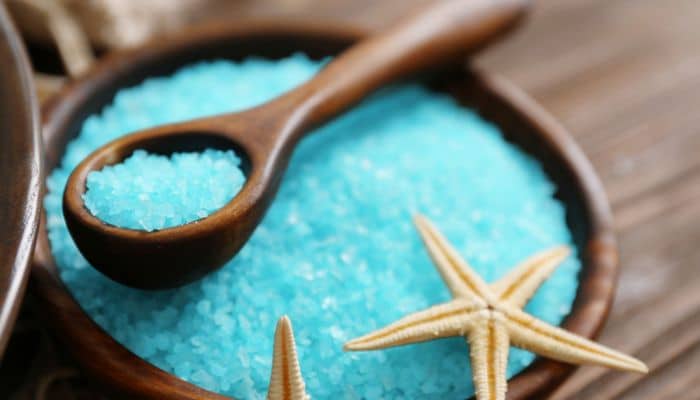Salt has been given a bad reputation over the last few years, largely thanks to various fad diets that have encouraged people to cut it out of their eating habits. However, this isn’t exactly a good thing, as cutting salt from your diet could actually be bad for your health. Salt is an essential part of our diet; in fact, it’s one of the primary electrolytes that helps balance fluids in our body and keep our muscles functioning properly. While you should not exceed recommended amounts and should try to eat less salt than you do at present – after all, too much salt is not good for you either – there are many benefits of salt that make it essential for your diet. Here are just some of them:
Healthy Muscle Function
Salt is an essential part of electrolytes that help us maintain healthy muscle function. Electrolytes are molecules that conduct electricity in the body, and are important for a variety of processes, including muscle contraction, metabolism, and maintaining blood pressure. Salt is one of the electrolytes; other essential electrolytes include potassium, calcium, magnesium, and sodium. When we don’t consume enough essential electrolytes, our muscles become weak, and it can even be dangerous in some cases. For example, those with conditions like heart failure, liver disease, and kidney disease are at risk for electrolyte abnormalities, and may need to increase their electrolyte intake in order to maintain normal muscle function.
Helps Balance pH Levels
Salt also helps balance pH levels in the body, which is an important factor in our health. The pH of our bodies is important as it indicates how acidic or alkaline our bodies are, with 7.0 being neutral. Our bodies should ideally be slightly alkaline, with a pH between 7.35 and 7.45, but many people are too acidic. This is often a result of diet and lifestyle, including eating too much sugar and not eating enough salt. When our bodies are too acidic, it can lead to a variety of disorders and diseases, including osteoporosis. Fortunately, increasing your salt intake can help you balance your pH levels, making your body healthier as a result.
Maintains Water Repulsion In The Body
Salt also helps maintain water repulsion in your body, which is important for health. Hydrostatic pressure is the force that keeps water within our bodies, the blood in our veins, and our organs and muscles intact. Salt is essential for hydrostatic pressure, as it helps to keep water outside of our bodies, preventing edema and swelling. If you suffer from high blood pressure, you may need to reduce your salt intake, as this could be increasing your blood pressure as a result of too much salt in your system. However, consuming a healthy amount of salt can help you avoid edema and maintain a healthy blood pressure as well.
Builds Strong Bones
Salt is also important for building strong bones, thanks to its high calcium content. Calcium is an essential mineral that is vital for building strong, healthy bones. Most people who don’t consume dairy products or a large amount of calcium-rich foods can use a calcium supplement, which provides them with enough calcium. Unfortunately, many calcium supplements are too low in salt, which is important for absorbing calcium in the body. Eating too little salt can reduce your body’s ability to absorb calcium, making your bones weaker as a result.
Promotes Normal Cognitive Function
Salt is also important for promoting normal cognitive function, which many people don’t realize. A diet that is too low in salt can lead to a decrease in cognitive function, as well as problems with attention and focus. A healthy amount of salt in the diet can help you stay focused, retain memories, and perform better at work, which is important for many people.
May Help Prevent Asthma and Other Disorders
Salt is also important for preventing asthma and other disorders. Many people are too low in salt, as well as other electrolytes and minerals, and as a result, they are at risk for a variety of disorders. For example, if you don’t consume enough salt and potassium, you could experience an abnormal heart rhythm, or arrhythmia. If you don’t consume enough calcium and magnesium, you could experience cramps and muscle spasms. If you don’t consume enough iron, you could become anemic, and if you don’t get enough vitamins B2 and B6, you could experience anxiety, insomnia, and other disorders.
Conclusion
Thankfully, many of the myths and rumors about salt have now been put to rest. We now know that salt is an essential part of a healthy diet and that we need to consume it in order to stay healthy. However, when consuming salt, you should be careful to not consume too much. The recommended daily amount of salt is around 2,300 milligrams, which is slightly less than the amount of salt you would find in a single can of soda. If you are looking to reduce your salt intake, you should try to aim for less than 1,500 milligrams per day, which is a reasonable goal for most people.




